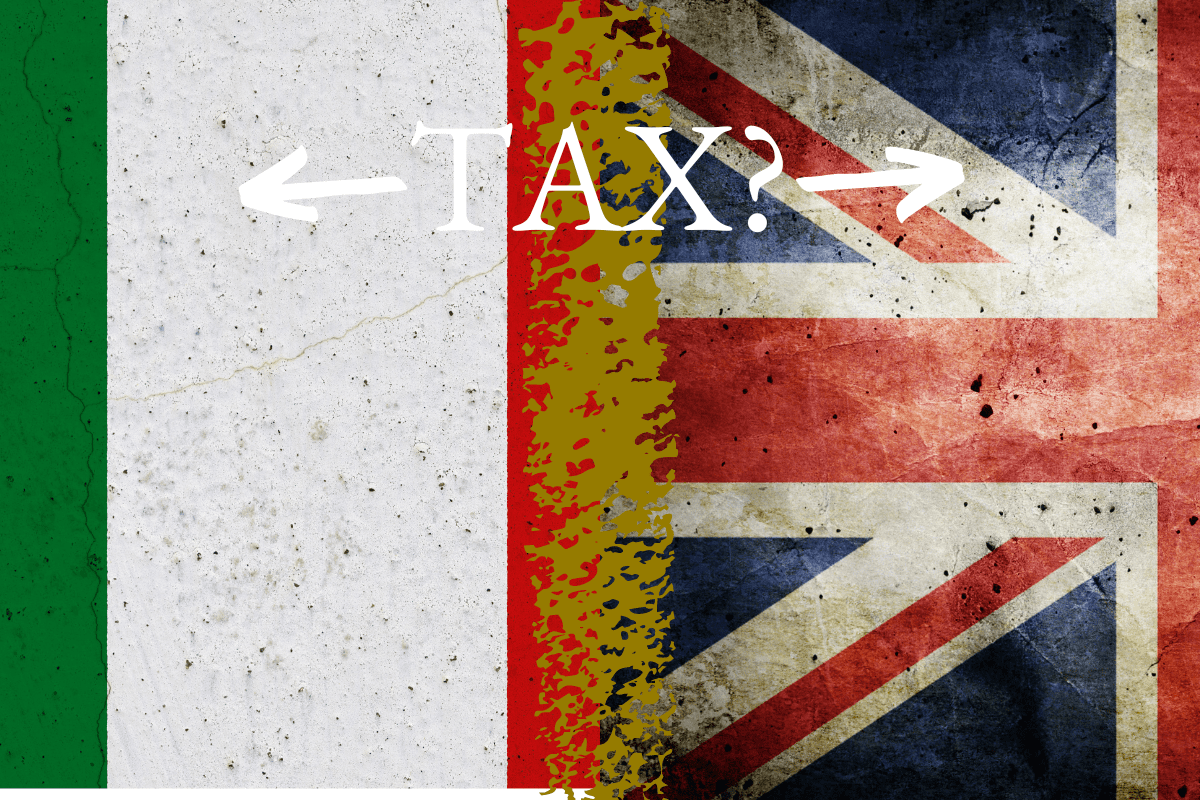First, let’s start with some good news. It was recently announced that the number of outstanding tax disputes winding their tortuous way through the Italian courts had dipped below 300,000 for the first time. If it doesn’t sound like much to be proud of, consider that back in 1996 it was almost 10 times that number! It just goes to show how much things have already improved, and yet much still remains to be done if we compare this statistic with a similar-sized country like the UK, where there are fewer than 30,000 outstanding disputes. Considering that almost 50% of the disputes in the courts relate to amounts lower than €3,000, it should be easy to find ways to tidy the system up (Mr Draghi, we are awaiting your reforms with bated breath!).
Now let’s look at a couple of recent clarifications/consultations from the Agenzia delle Entrate (Agenzia) – I try to keep people updated on issues that may be of interest to them, with the goal being that of not ending up in the legion of 300,000 referred to in the paragraph above.






